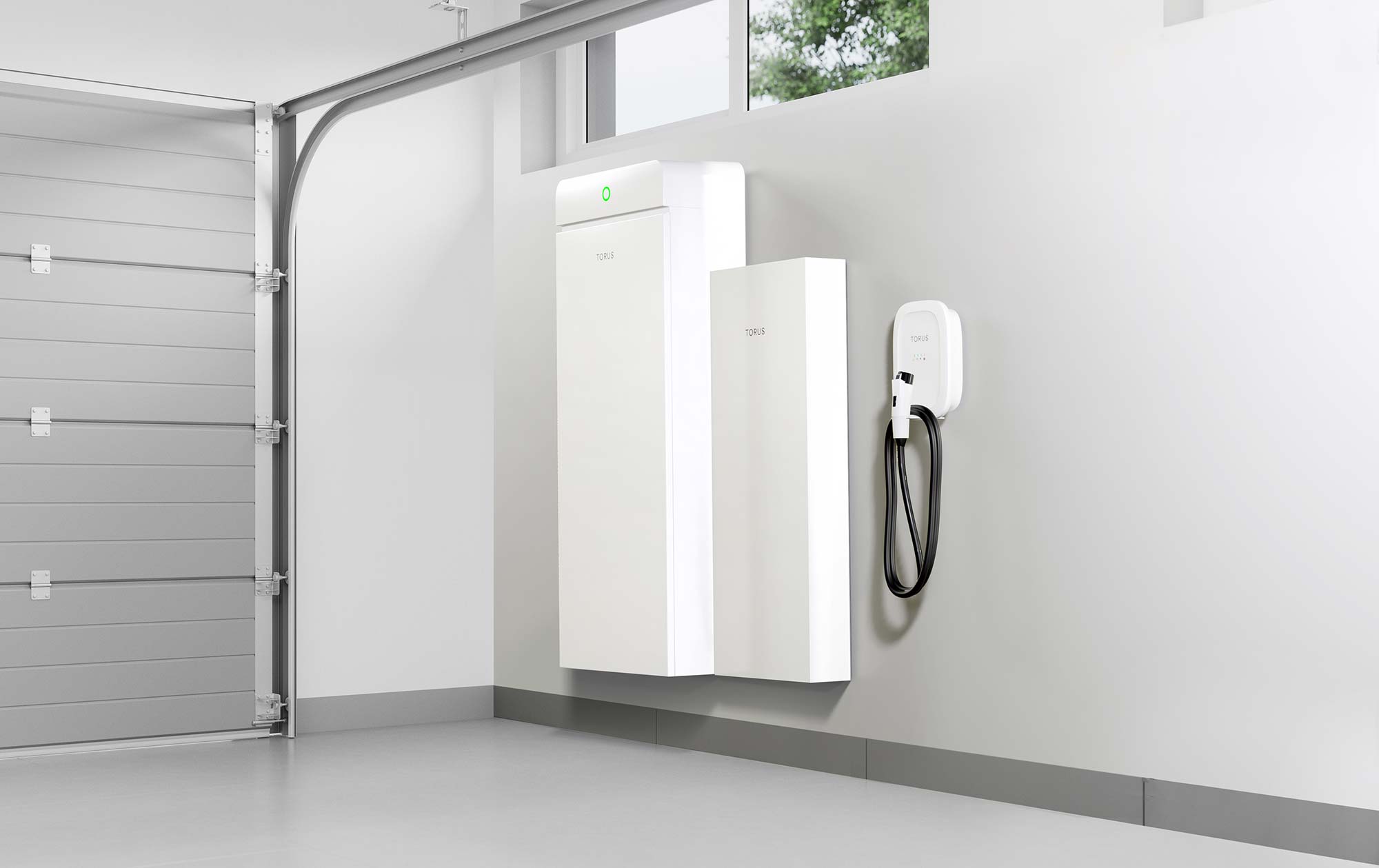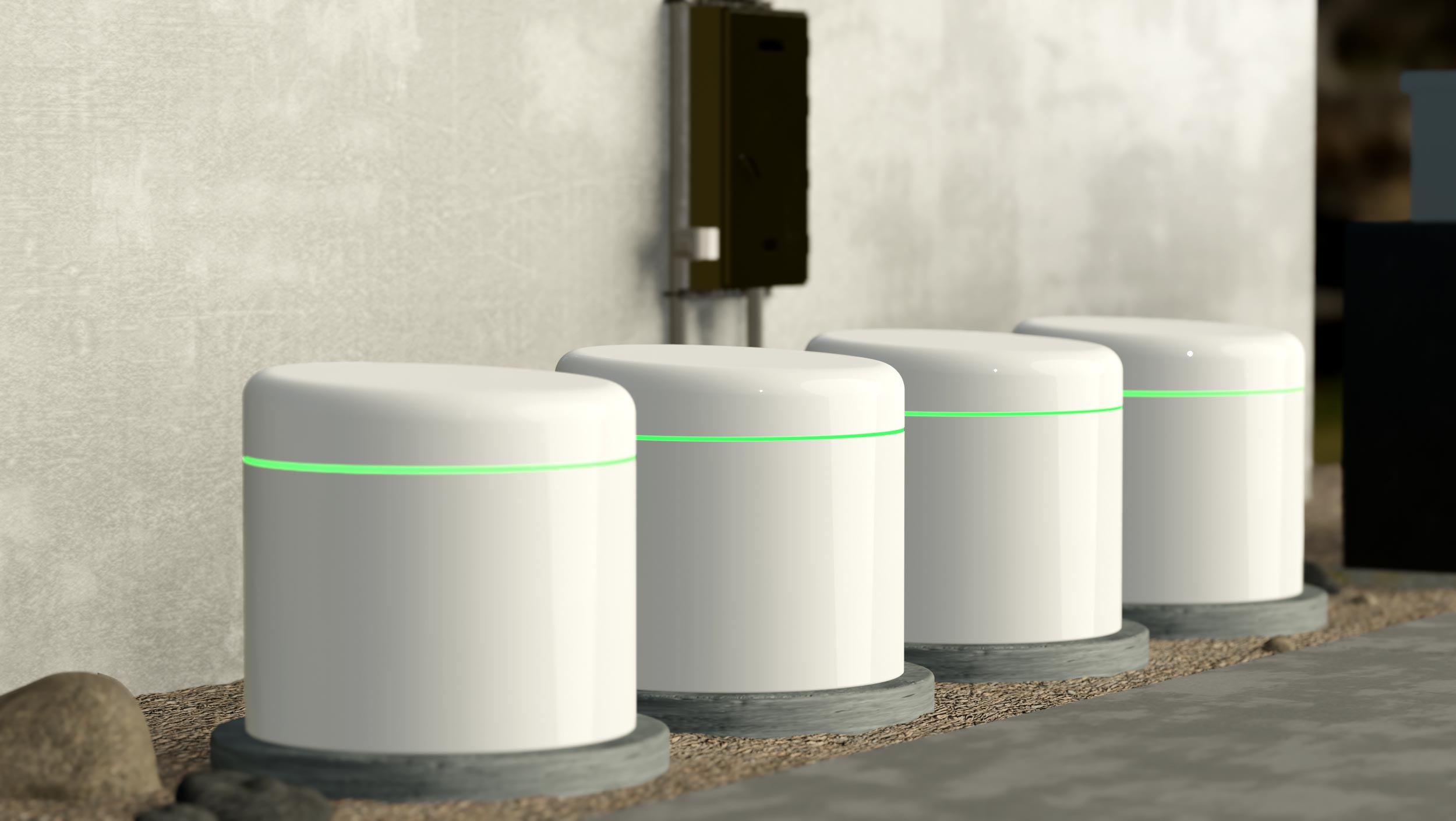EV Tax Credits and Incentives
Tips to lower the cost of your new electrical vehicle
To encourage EV adoption and affordability, governments and various organizations have begun offering tax credits and financial incentives. Below, we’re exploring a few different types of EV tax credits and incentives, their benefits, and how they can make electric vehicles more accessible to more consumers.
- Federal Tax Credits: Many countries, the United States included, provide federal tax credits to incentivize the purchase of electric vehicles. These credits directly reduce the amount of tax owed to the government. In the U.S., the federal government currently offers a tax credit of up to $7,500 for qualifying EVs. The actual credit amount depends on the battery capacity of the vehicle. However, it's important to note that these federal tax credits have a cap on the number of vehicles eligible, and they may begin to phase out once a manufacturer reaches a certain sales threshold.
- State and Local Incentives: Beyond federal tax credits, various states and local governments provide additional incentives to promote EV adoption. These incentives can include rebates, grants, tax exemptions, or reduced registration fees. The specific incentives vary by location, but they aim to further reduce the upfront cost of electric vehicles. For example, some states offer cash rebates ranging from a few hundred dollars to several thousand dollars, making EVs more affordable and financially attractive to potential buyers.
- Utility Company Programs: Utility companies often play a crucial role in supporting the transition to electric vehicles. Many utilities offer special programs and incentives to their customers to encourage EV adoption. These programs can include discounted electricity rates for charging during off-peak hours or incentives for installing home charging stations. By leveraging these programs, EV owners can further reduce their charging costs and enjoy additional savings over time.
- Other Incentives: In addition to tax credits and utility programs, there are other incentives that vary by region and may include benefits such as access to high-occupancy vehicle (HOV) lanes, toll discounts, free parking, and even free charging at public stations. These perks make owning an electric vehicle more convenient and cost-effective, encouraging more people to embrace this sustainable mode of transportation.
The Torus Station is the most effective way to create, store, and manage clean, renewable energy at home.
Curious? Learn More.
Interested in a free consultation? Get in Touch
Ready to commit? Customize your system




